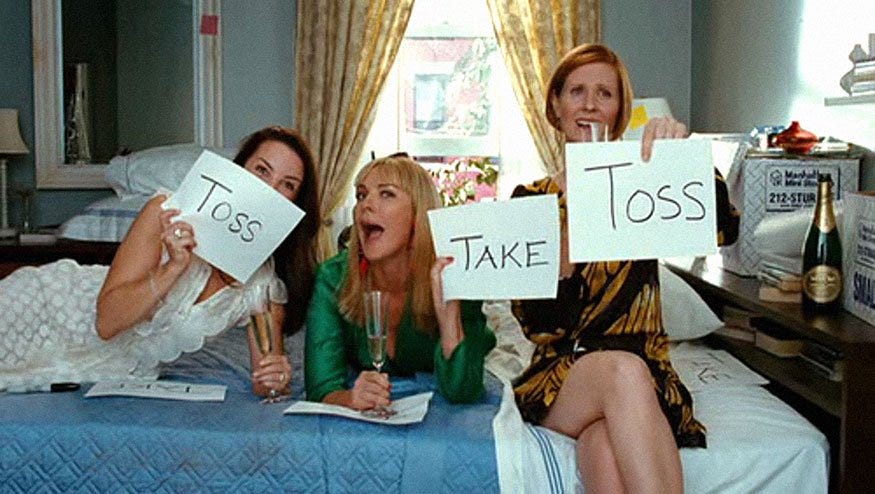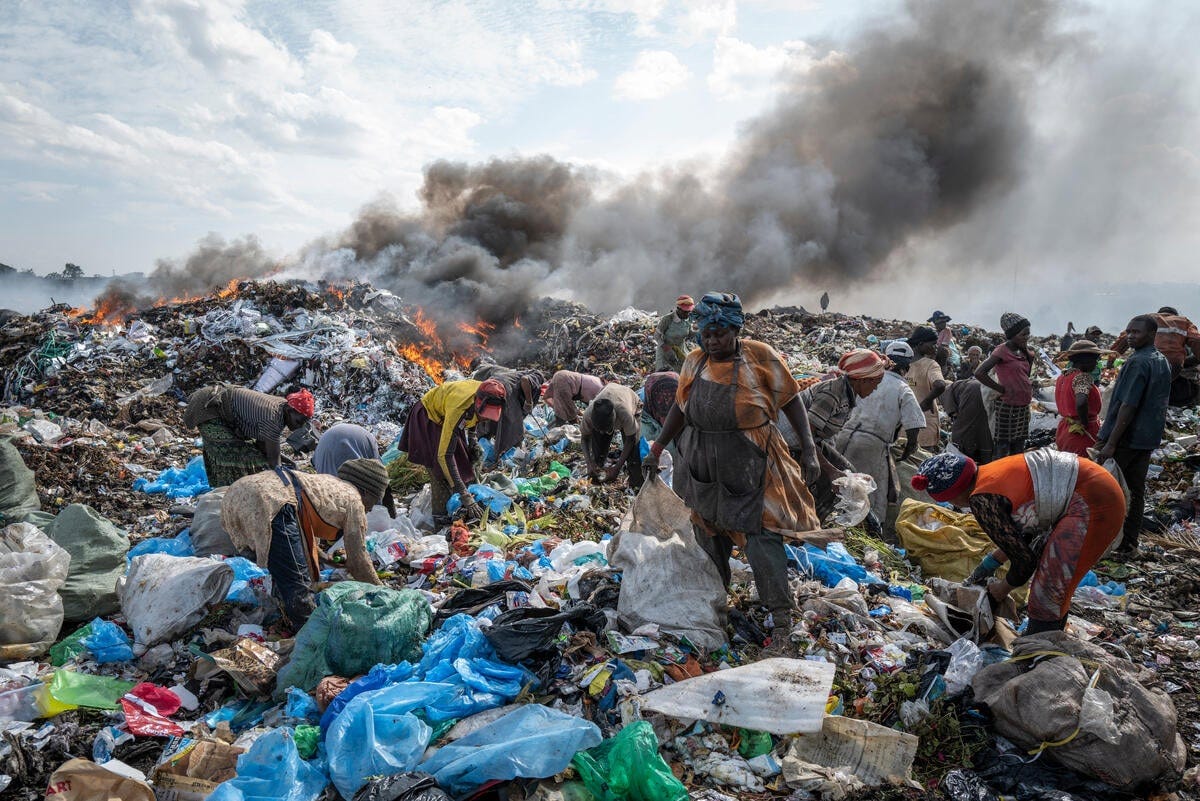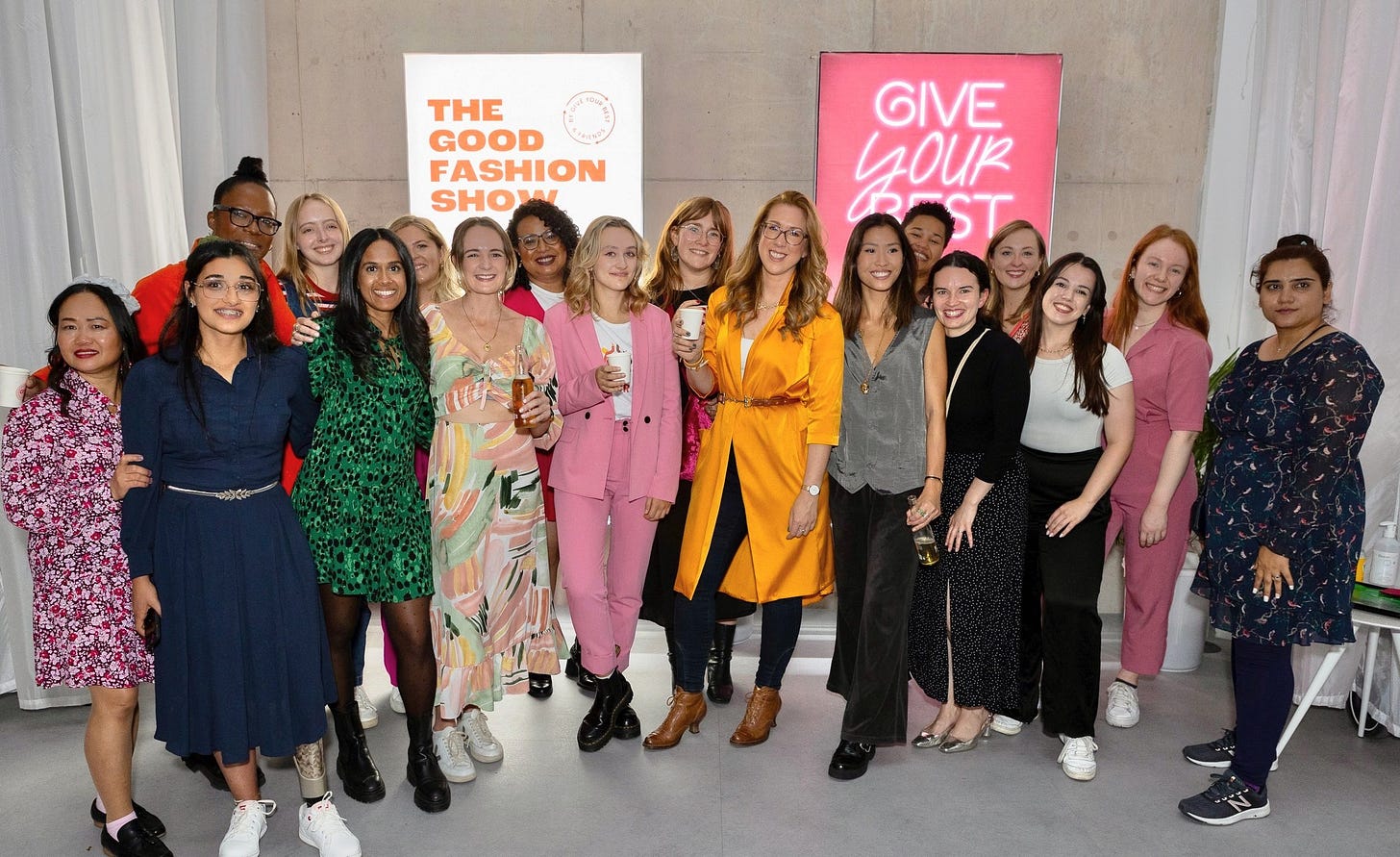Last weekend I did the walk of shame.
Trudging up the lane, plastic bag in hand, filled with Vinted rejects I never managed to sell. Feeling guilty and shameful I never donated them in the first place, instead choosing to upload them for £3 and £5 and argue with strangers that my urban outfitters jeans were worth £5. I took my pick of potential charity bins and hauled it into an Oxfam green bin, and wandered back home after doing my good deed of the day.
A day prior I had been flicking through the racks at a Shelter Charity Shop, dismayed at the lack of option. It made me wonder, have charity shops experienced a decrease in clothes donated because of reseller apps like Vinted and Depop? I felt a little pit of guilt in my stomach, pushed by greed I had been selling my old clothes on Vinted, begging with people to value my Holister hoodie as the £3 I uploaded it for. Feeling like a capitalist junkie I shamefully shoved the vinted rejects into a yellow bin bag and tied it tight, feeling I was doing good. But upon reflection,
I never should have donated to charity shops.
Only 27% of the clothes donated to Oxfam get resold in their charity shops, 10% is disregarded and 50% ends up being shipped to the Global South
And across the UK we are seeing alarming numbers of how little of our donations will end up on the racks. Shockingly research done in Lancaster found that 83% of clothing donated to charity shops is sold to textile resellers who ship them abroad to an ever increasing problem of textile waste being dumped in the Global South
It’s no surprise that I’m going to link this back to social media. Everyone knows how social media feeds the hungry beast of fast fashion but it’s not spoken about enough how much it encourages us to waste. Aesthetic, satisfying content is trending of people purging their wardrobes, only to fill it again when their next “ZARA Haul” is posted 3 days later. We’ve normalised annual, seasonal, monthly purges of our wardrobes to fill up charity shops bins just to make more room for the new jeans Alex Earl is wearing this autumn.
Consumers are buying 60% more clothes annually since 2014 and charity shops are inundated. So your Urban Outfitters cropped teddy hoodie isn’t likely so go on the back of someone else, or benefit the chosen charity. It will likely end up in the hands of a textile resellers who ship your clothes to countries in the Global South such as Ghana where landfills are polluting drinking water, impacting local’s health and overflowing into oceans and rivers.
An investigation into large corporations green washing placed a hidden tracker in a skirt. The tracker revealed when put in a donate box in a London H&M that skirt traveled 15 000 miles to its final resting place, a landfill in Mali, West Africa. Not back to H&M for it to be reused, repaired or recycled.
So it’s bad to bin your clothes, and now its bad to give your clothes to charity shops, so what is the alternative?
Give Your Best in a non for profit tackling clothing poverty by creating a cycle of recycling clothes to those who need it most. Think of it as a mix between charity shops and Vinted. Upload photos of your clothes with a description and people will beable to shop for it, for free. When someone chooses it, the charity will pay for your postage to send it to them. Alternatively you can donate a bag of clothes to them in bulk and someone on their team will upload the items.
This charity is giving access to good quality clothes to those who need it most. Survivors of domestic violence, the homeless, refugees and asylum seekers. There are 5.5 million people in the UK living in clothing poverty, with so much wastage of clothes this problem hardly seems comprehensible. So much clothes wastage, but so many people without the basics.
45 000+ items have been shipped and donated, all items reflective of their name. Give Your Best. They encourage people to donate their best, founder Sol Escobar saying “the clothes you donate to someone, is reflective of what you think of them”. These clothes are going to people who need presentable work clothes for job interviews, winter jackets for children, shoes to make them feel good when they step out the door. Clothing should be a human right, and this charity is trying to tackle the ever growing problem of clothing poverty
So please think twice when you’re considering a wardrobe purge to make room for more clothes. The real issue is over consumption, we wouldn’t have so much clothing waste if it wasn’t for fast fashion boom in the last 10 years. But if you do have clothes you don’t intend on wearing, give your best and know your items will be contributing to a solution, not a bigger problem.








